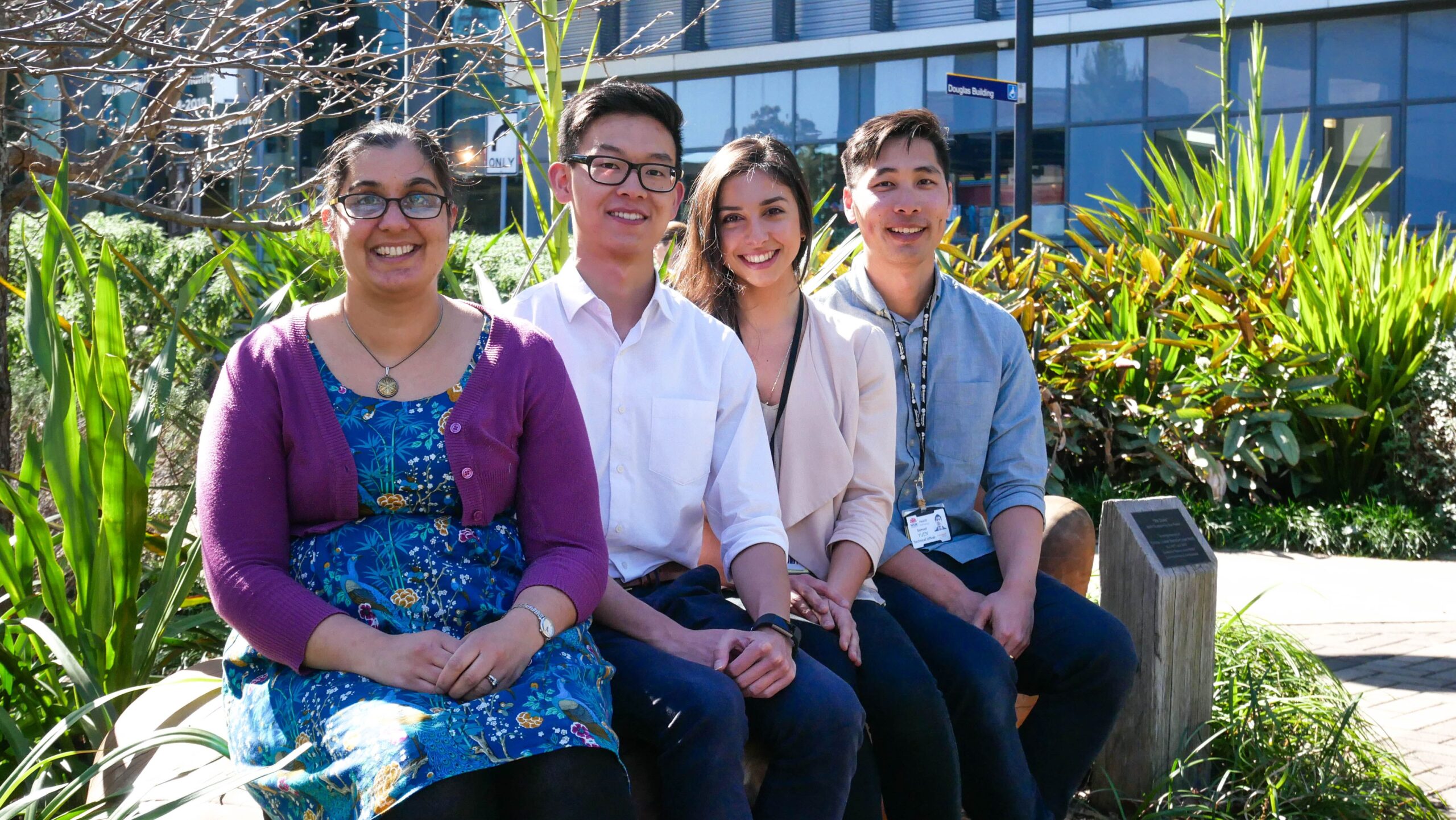For nearly three decades, the Kolling Institute Tumour Bank has been quietly and consistently building a large state resource.
It was established in 1992 with a small number of endocrine tumours. Today, it also has breast, colorectal and gynaecological tumour collections, as well as neurological and gastrointestinal samples.
The significance of the resource has been recognised in recent years, and it was the fifth biobank in NSW to achieve accreditation through the NSW Biobank Certification Program.
Senior tumour bank officer Ussha Pillai said more than 11,000 cancer patients have now contributed specimens to the bank, and research using these collections has been published in over 100 international peer-reviewed medical publications.
Professor Rob Baxter, who serves as a management team committee member, said the biobank has a long and proud history of contributing to improved health outcomes through changes to World Health Organisation guidelines, improved prognosis and cancer diagnostics.
The Kolling Institute Tumour Bank is also integral to the research training of clinicians and scientists on the RNSH campus, with 43 PhDs awarded since 1996 for research conducted using the specimens.
Associate Professor Viive Howell, whose own PhD studies used specimens from the bank, said many of these PhD students who relied on banked specimens for their research, now hold leadership positions at the hospital, other leading research facilities and universities in NSW, as well as nationally and internationally.
The biobank includes blood from healthy volunteers, which is essential for comparison with collections from cancer patients. If you would like to contribute to this bank email: kolling.tumourbanks@sydney.edu.au or phone 9926 4771.
